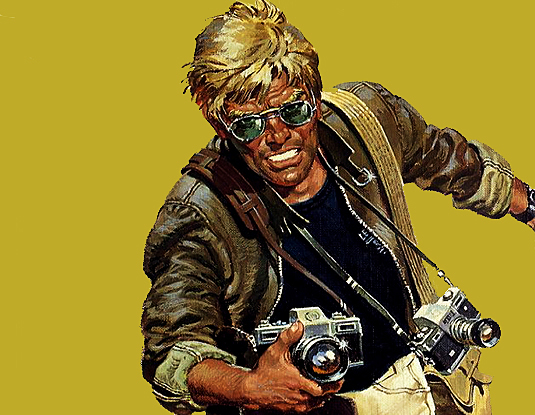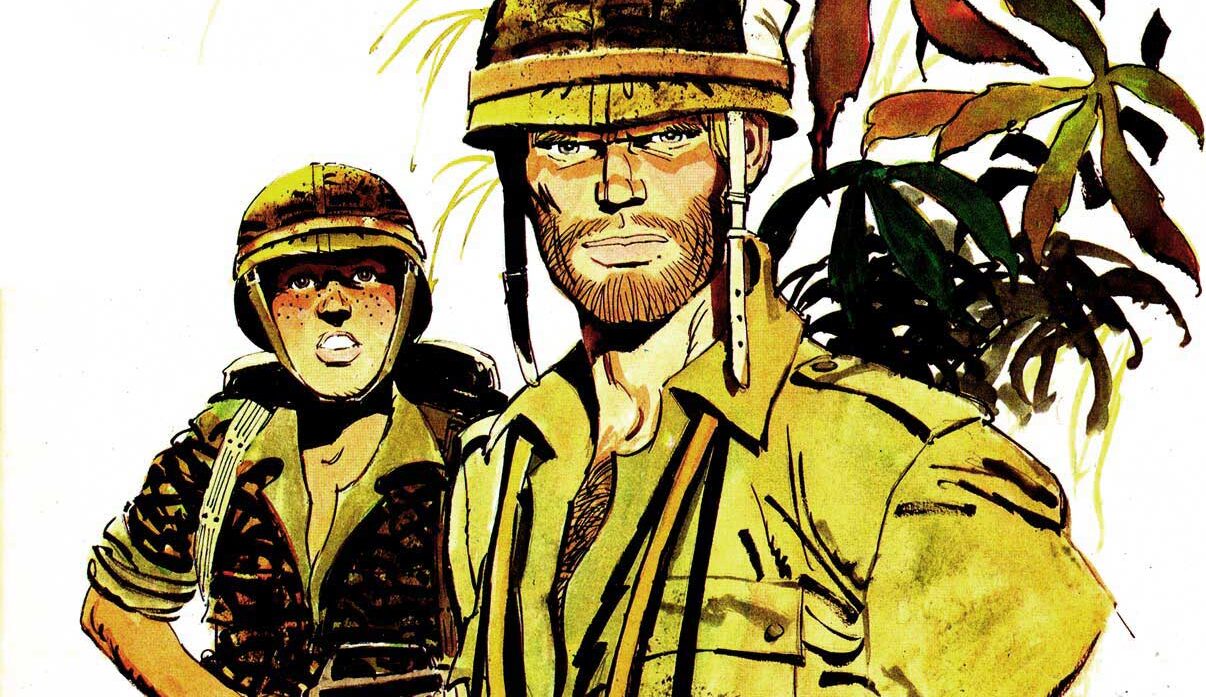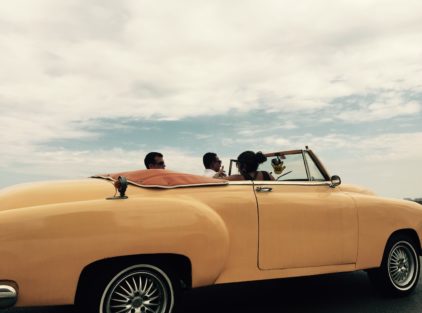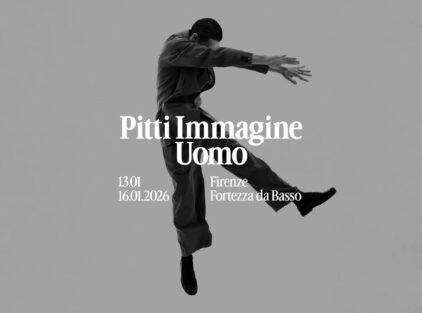By Marianina Patsa
At a time when comics were considered more a medium of entertainment than of social empathy, Manfred Sommer came to change the narrative. Through the lens of Frank Cappa, the Spanish creator didn’t merely offer adventures—but testimonies, like flipping through pages from forgotten war diaries.
Born in San Sebastián in 1933, Sommer began his career as early as the late 1940s. Through the dynamic agency Selecciones Ilustradas led by Josep Toutain, he worked for the English market, creating romantic and war stories—and his first series, El Tigre, for publisher Alberto Geniés. In 1981 came his breakthrough. Within the pages of Cimoc magazine, Frank Cappa made his appearance: an anti-hero, a photojournalist, a war correspondent—and above all, a witness to human tragedy. It’s no coincidence that his name echoes that of Robert Capa, the renowned Hungarian photographer and war correspondent known for his iconic images from the Spanish Civil War and World War II. In essence, this fictional character’s stories are also a tribute to one of the 20th century’s greatest photojournalists. Cappa doesn’t chase adrenaline—he seeks the moment that reveals the truth. In stories like Viet-Song (1987), where the hero finds himself in Vietnam, Sommer does not hesitate to explore moral conflict, propaganda, violence, and the responsibility of journalism.

His artwork—realistic and charged—bears clear influences from artists like Milton Caniff, Frank Robbins, and Hugo Pratt, yet always maintains his distinct mark, with stark contrasts and a contemporary, politically infused energy.
Frank Cappa gradually became one of the most serious and significant characters in European comics. From Spain and France (via publishers such as Glénat) to the present day, his stories have been republished in collections such as Frank Cappa Integral and continue to be read as documents. In the 1980s, Sommer co-founded Ediciones Metropol, producing publications such as Metropol, Mocambo, and KO Comics, while also creating another character, Polux. His career later led him to Italy, where he illustrated Tex stories for Bonelli Editore, working from scripts by Claudio Nizzi and Mauro Boselli.
Despite his international recognition, Sommer eventually distanced himself from comics in his later years to dedicate himself to painting. He passed away in 2007, leaving behind a hero who didn’t carry a weapon, but a camera—and who didn’t save the world, but observed it, as those with empathy do within war zones. Perhaps this is the most relevant message of Sommer’s work: in a world full of noise and spectacle, there is always room for a silent gaze that sees—and does not forget.














